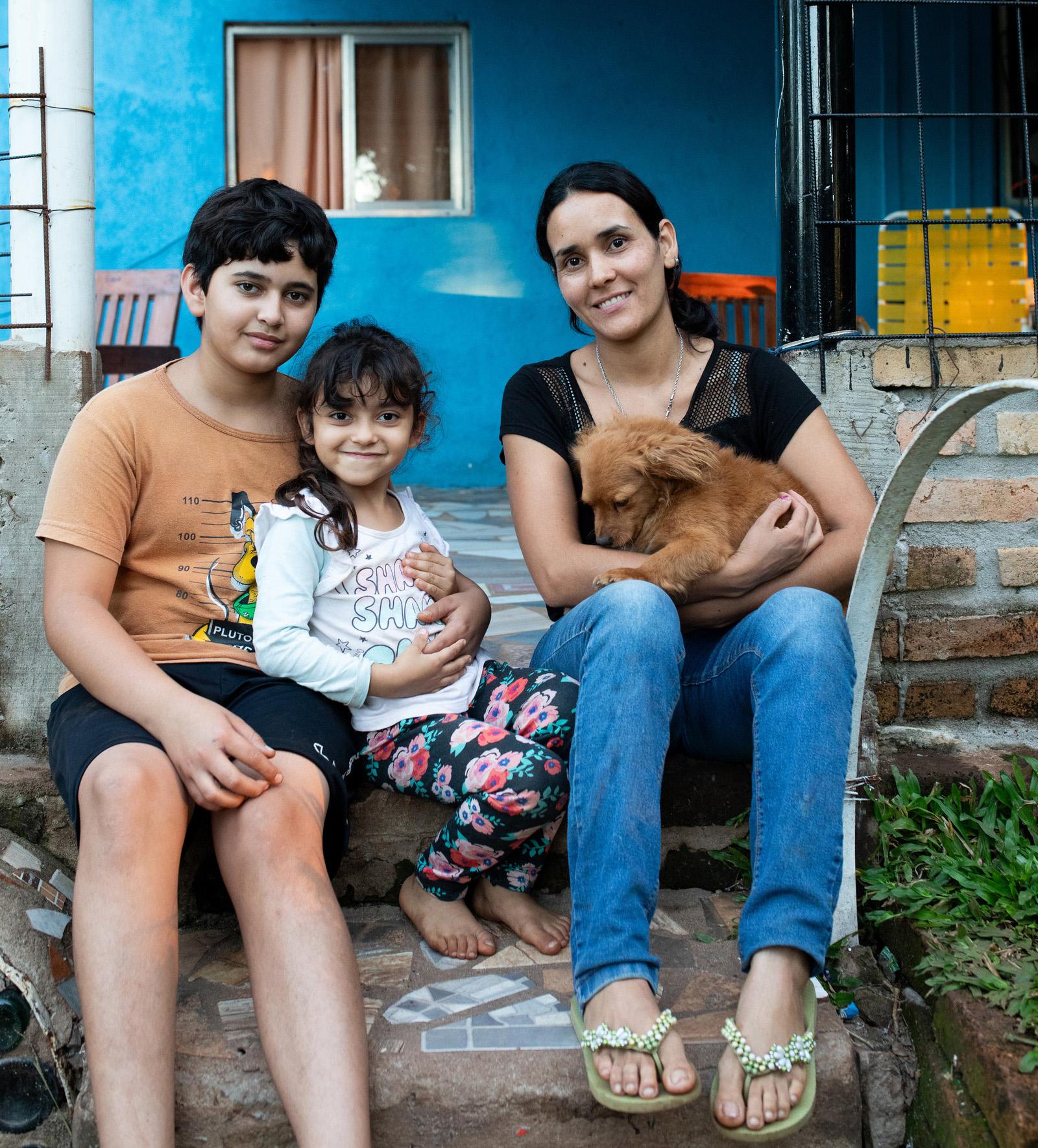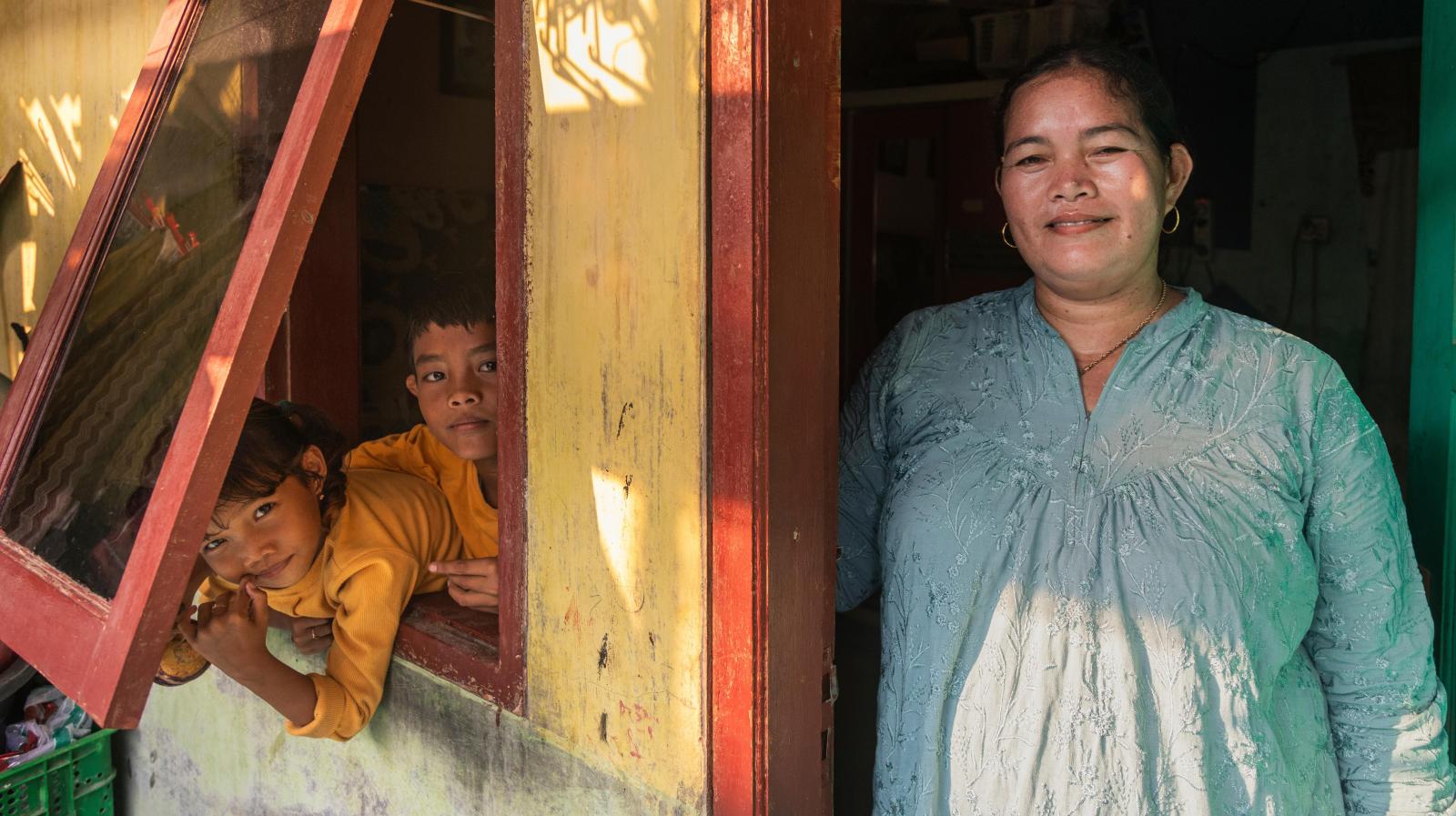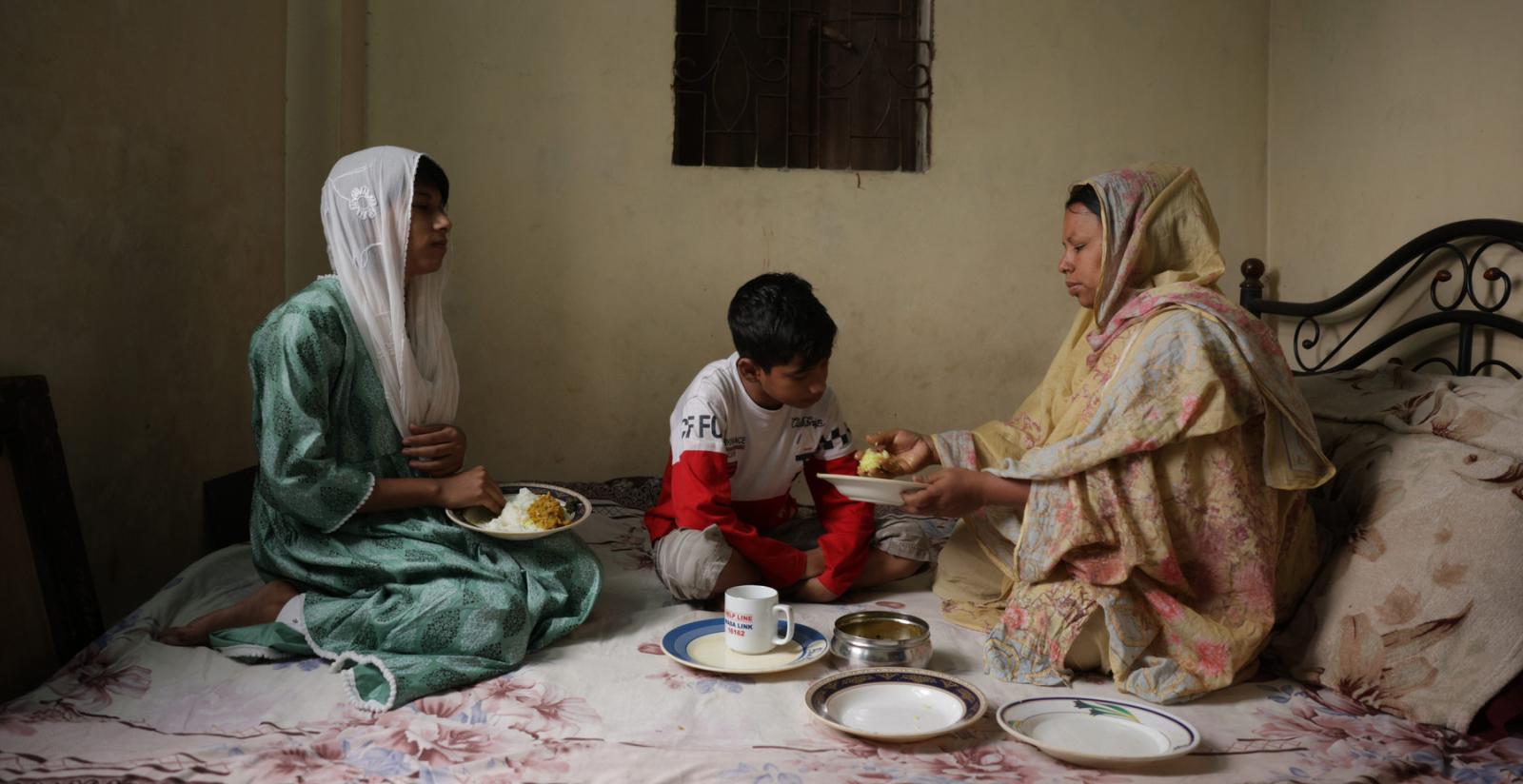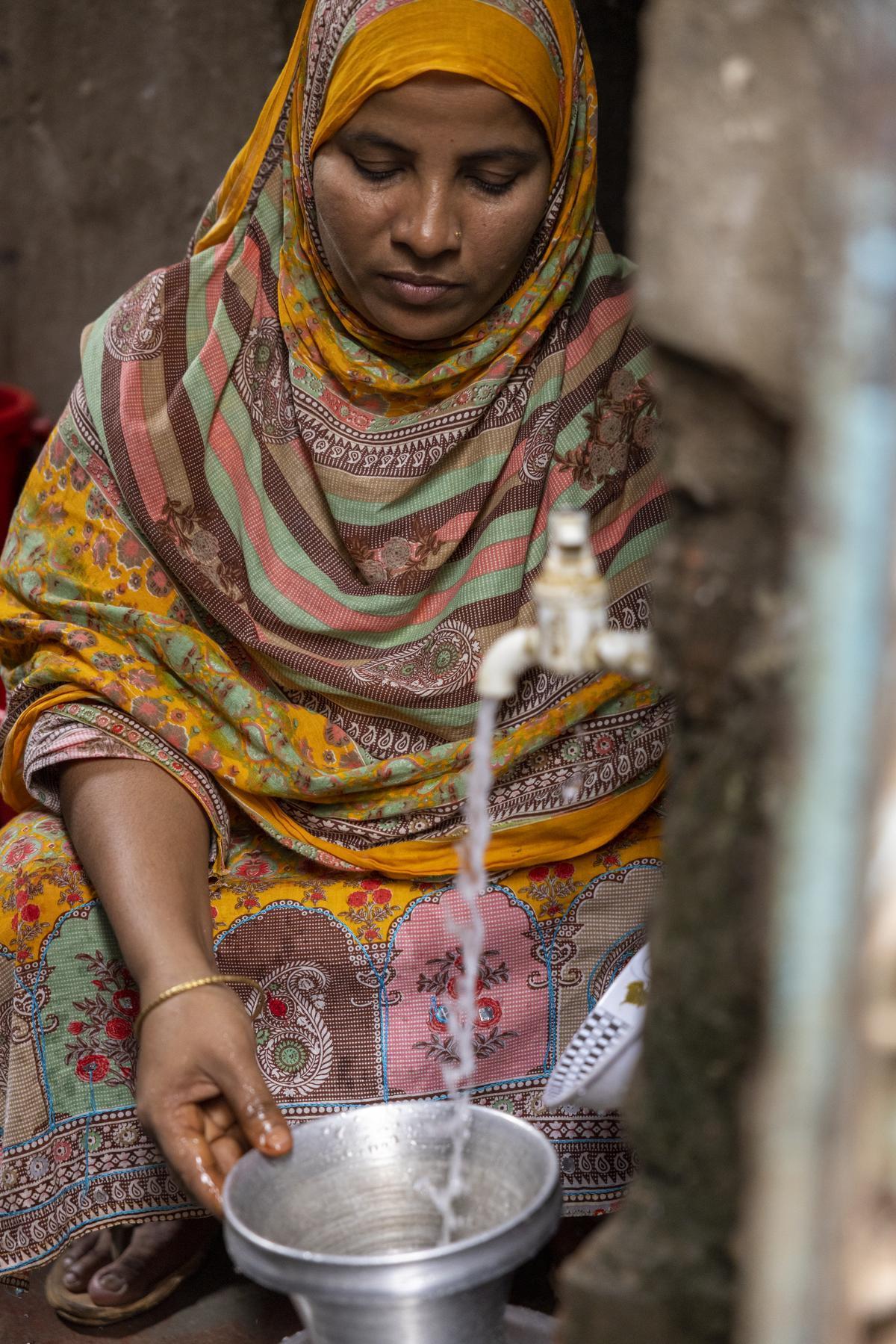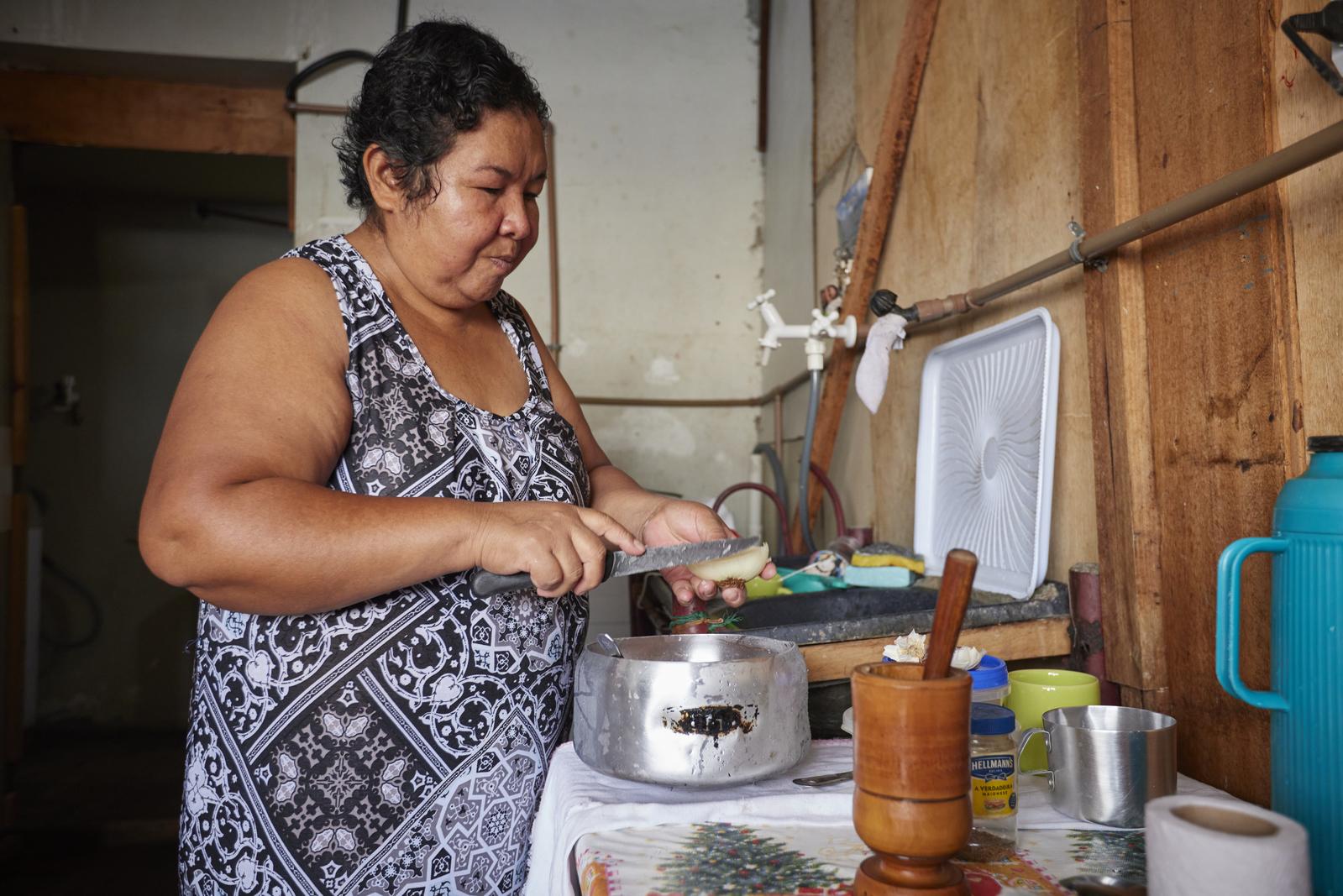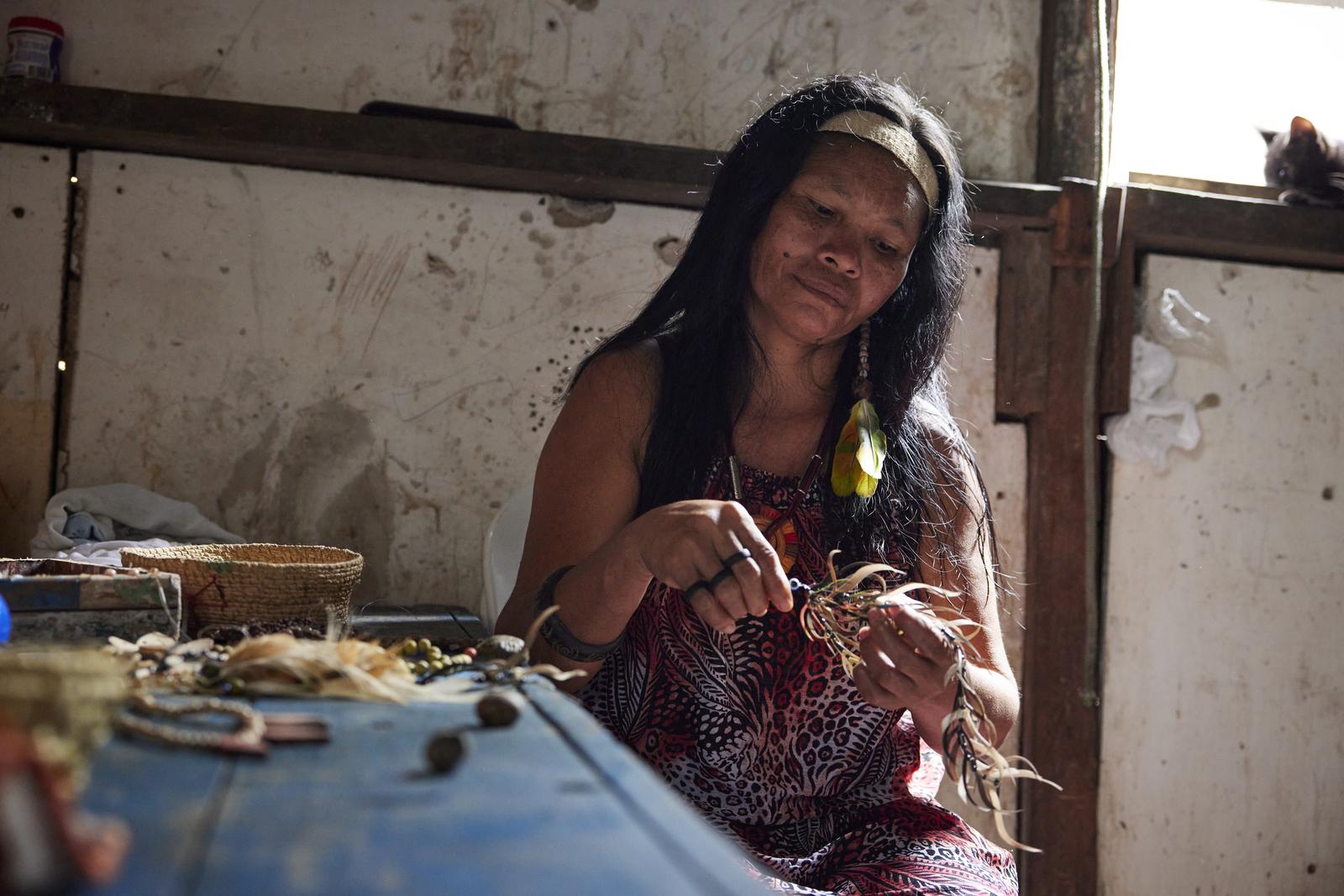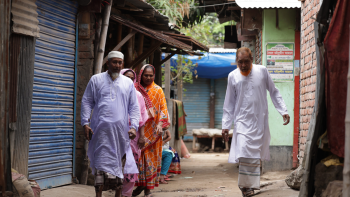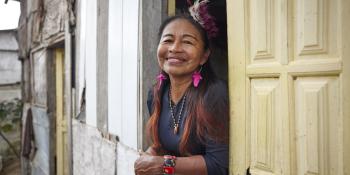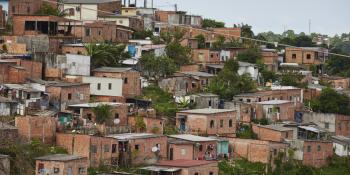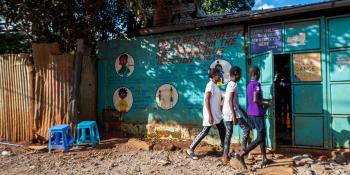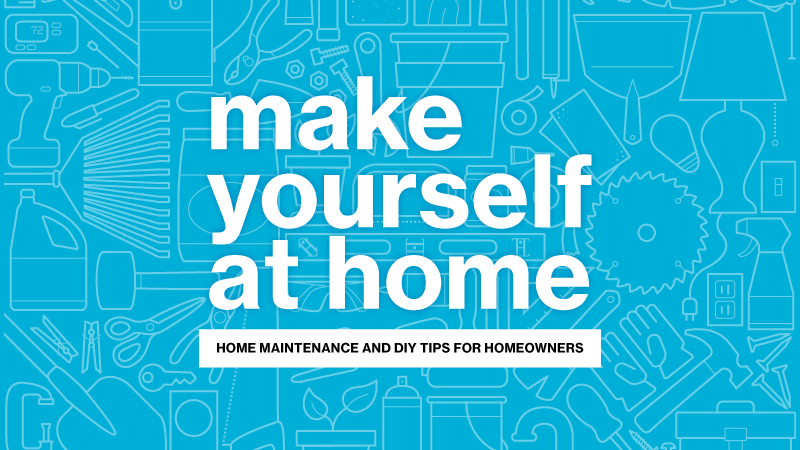Building the case for change:
Generating evidence, driving action and improving housing globally
Housing remains a neglected priority in local, national, regional and global development commitments and foreign assistance.
Habitat for Humanity is building the case that housing is more than just four walls and a roof – it’s health, education, economic opportunity and the foundation for a better future.
Through our distinctive research initiatives, we are generating compelling evidence that positions us to take meaningful action—working alongside communities, policymakers and the private sector to drive transformative change and ensure that everyone has a decent place to call home.
Featured research reports
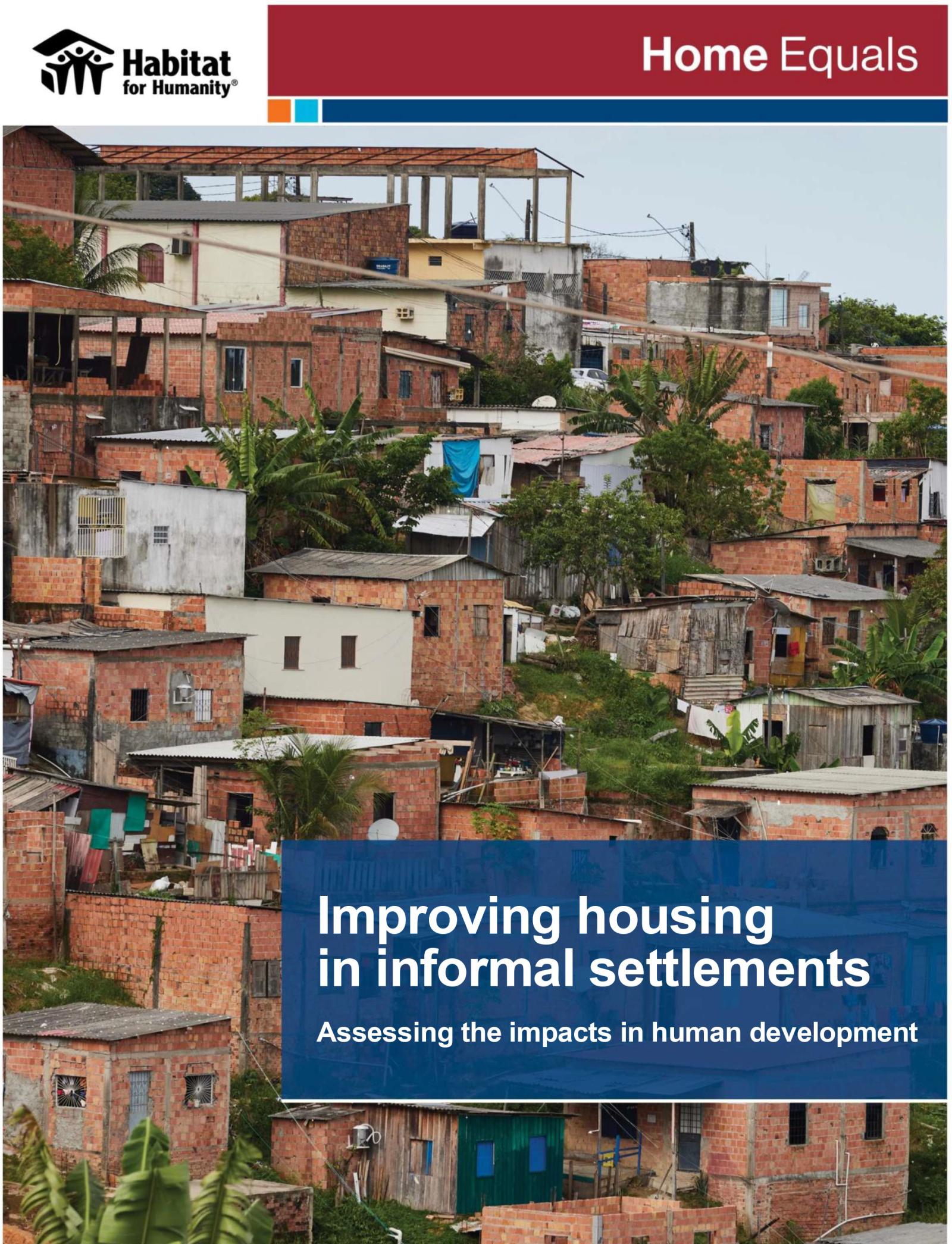
Improving housing in informal settlements: Assessing the impacts in human development
Published May 2023
Housing is foundational to global development. When people in informal settlements do better, everyone does better. At scale, investments in adequate housing in informal settlements worldwide could lead to transformational benefits:
Published May 2023
Housing is foundational to global development. When people in informal settlements do better, everyone does better. At scale, investments in adequate housing in informal settlements worldwide could lead to transformational benefits:
> 10.5% increase in gross domestic product.
> 41.6 million additional children enrolled in school.
> 730,000 preventable deaths avoided annually.

Slum Blind: The overlooked links between climate migration and informal settlements
Published June 2024
Despite being the least equipped to respond, urban informal settlements are at the crossroads of climate migration, climate adaptation and urbanization. World leaders are failing to focus on climate migration in the Global South, where most human movement occurs, and therefore are missing a massive piece of the puzzle.
Published June 2024
Despite being the least equipped to respond, urban informal settlements are at the crossroads of climate migration, climate adaptation and urbanization. World leaders are failing to focus on climate migration in the Global South, where most human movement occurs, and therefore are missing a massive piece of the puzzle.
> 215 million people potentially impacted by climate migration by 2050.
> By 2050, 2 out of 3 people in the world - 68% - are expected to live in cities.
> 1.1 billion people currently live in slums or other informal settlements.

Informal Settlement Improvements and Women's Health
Published May 2025
A safe home saves lives. Investing in housing is investing in women’s health, gender equity and brighter futures. Within just one year, key improvements to living conditions to informal settlements can save millions of lives:
Published May 2025
A safe home saves lives. Investing in housing is investing in women’s health, gender equity and brighter futures. Within just one year, key improvements to living conditions to informal settlements can save millions of lives:
> 20.3 million illnesses in women prevented.
> 42.9 million incidents of gender-based violence averted.
> 1 in 4 maternal deaths avoided.
